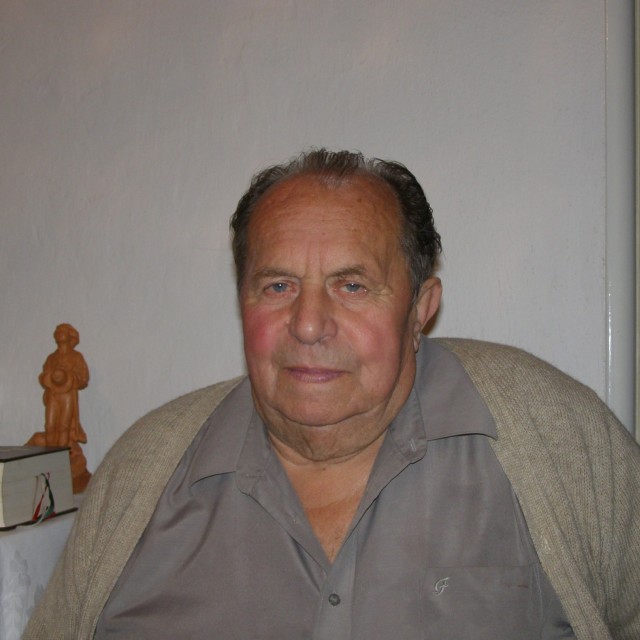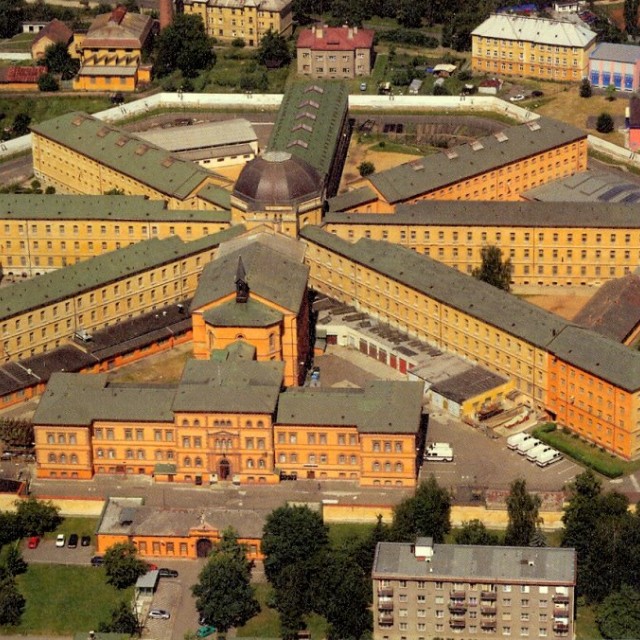Being Beaten with a Bullwhip Cannot Be Stand
“Bory (prison in Pilsen) was the worst,” remembers the priest Antonín Huvar who went through thirteen different communist prisons in the 50s. The wardens´ inhuman treating of prisoners was supported by the prison authorities. Antonín Huvar does not like to think back on particularly cruel beating with a bullwhip of warden Walma. “In one hand he was holding a gun and the second one a bullwhip. It cannot be stand. The truncheon, it is a piece of cake. They beat me with a truncheon, after that you have such black weals. It disappears in three months. But beating with a bullwhip can be mortal. And especially when you are beaten in the same wound before it is healed. It could not be stand.” Antonín Huvar suffered from the results of beating for the rest of his life. “The wardens, they are lechers, they did not have even a piece of humanity. I remember them beating a boy who lived me to death. And their wives that lived opposite the prison in the block of flats, they heard it and yelled: ‛Beat them, the bastards who wanted to undermine our republic, give them more, give them more.’ Finally they killed the boy.”
Hodnocení
Hodnotilo 0 lidí
Routes
Not a part of any route.
Comments
No comments yet.









